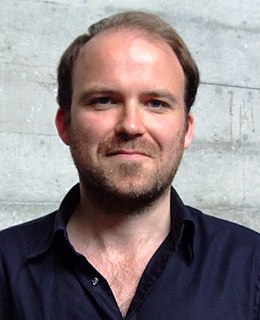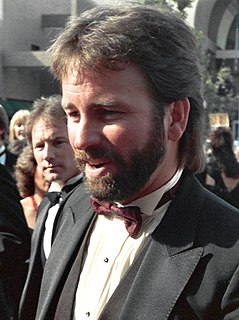A Quote by Terry Teachout
The problem with the Jude Law "Hamlet" was simply that it wasn't unpredictable, that it was a very down-the-center modern production. You wouldn't go to the theater expecting to see an old-fashioned "Hamlet" where everybody wears an old fashioned costume. You don't get points for putting on a "Hamlet" where everybody dresses in black. I've seen that one several times. But again, it's not that it has to be new, it simply that it has to be different, fresh, that it doesn't bore, that it doesn't make me - I don't feel as I'm watching it that I know where it's going to go.
Quote Topics
Again
Be Different
Black
Bore
Center
Costume
Different
Down
Dresses
Everybody
Expecting
Feel
Fresh
Get
Go
Going
Hamlet
Know
Law
Make
Me
Modern
New
Old
Old Fashion
Old Fashioned
Old-Fashioned
Points
Problem
Production
Putting
See
Seen
Several
Simply
The Problem With
Theater
Times
Unpredictable
Very
Watching
Wears
Related Quotes
'Hamlet' was the first movie I saw. In 1948, my mother said, 'I'm going to take you to see 'Hamlet' with Laurence Olivier.' She was worried about taking me to it because she wasn't sure I was old enough to understand it or to maybe be adversely affected by it, but I got recordings of it and memorized all the soliloquies.
All these people talk so eloquently about getting back to good old-fashioned values. Well, as an old poop I can remember back to when we had those old-fashioned values, and I say let's get back to the good old-fashioned First Amendment of the good old-fashioned Constitution of the United States - and to hell with the censors! Give me knowledge or give me death!
It was reading Hamlet that ruined the concept of authenticity for me, not because Hamlet lacked existentialist credentials himself - indeed, as an earlier discontented Dane, he could be said to have laid the ground for Kierkegaard - but because the line 'to thine own self be true' was spoken by that humourless old ninny, Polonius.



































